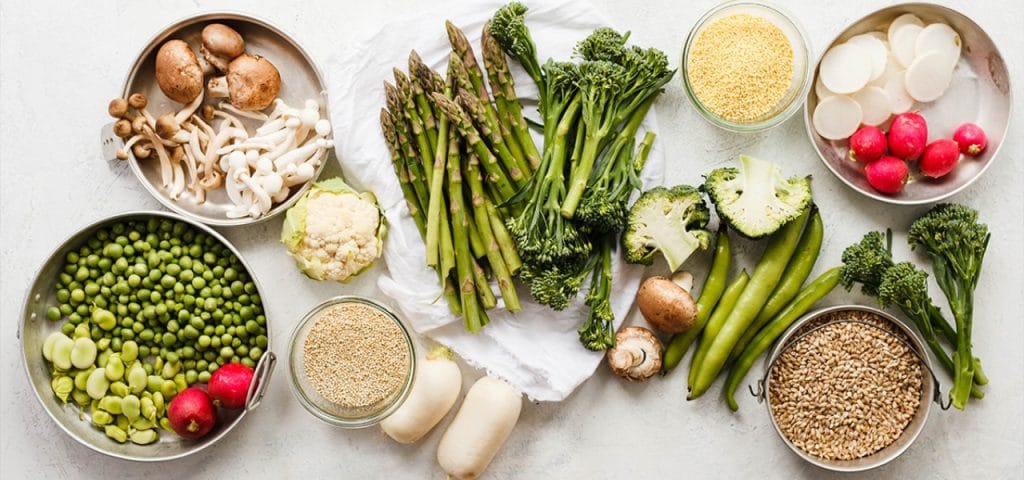Plant-based foods are foods derived from plants and do not contain animal products. These types of foods are typically consumed by vegans and vegetarians, but can be included by anyone as part of a healthy diet plan.
: Fruits and vegetables form the basis of a plant-based diet. All types of fruits and vegetables are rich in vitamins, minerals, fiber, and antioxidants.
Legumes: Legumes are foods obtained from plants such as beans, lentils, chickpeas, and peas. These foods are rich in protein, fiber, and folic acid.
Grains: Whole grains are preferred over refined grains made from white flour. Whole grains such as wheat, barley, rye, oats, and rice are rich in fiber and complex carbohydrates.
Nuts and seeds such as walnuts, almonds, sunflower seeds, flax seeds, chia seeds, and hemp seeds provide healthy fats, protein, and fiber.
Plant-based milks such as soy milk, almond milk, coconut milk, and oat milk are traditional milk alternatives and can be used in coffee, cereals, and cooking.
Plant-based protein sources such as tofu, tempeh, seitan and soy products can be preferred instead of meat.
Plant-based oils such as olive oil, avocado oil, coconut oil and flaxseed oil contain healthy fats and add flavour to meals.
There are plant-based sweeteners such as maple syrup or coconut sugar that can be used instead of honey.
Plant-based flours such as almond flour, coconut flour and chickpea flour can be used as flour alternatives.
Meat alternatives made from soy protein, vegetable protein, mushrooms and other plant sources can be used in place of traditional meats.
Plant-based foods refer to a nutritional approach based on foods derived from plants. This type of diet emphasises plant-based sources such as fruit, vegetables, grains, legumes, nuts and seeds, while limiting or completely excluding animal products (meat, dairy, eggs, etc.). Plant-based nutrition goes beyond vegan and vegetarian diets and offers an approach based on a greater variety of plant-based foods.

